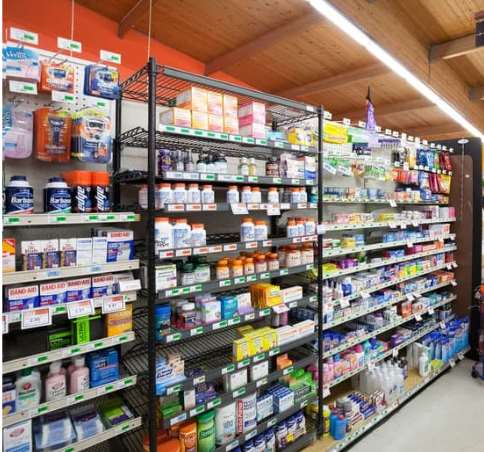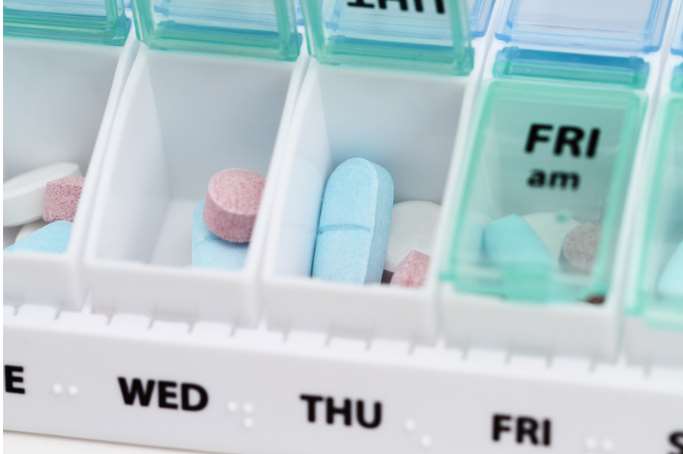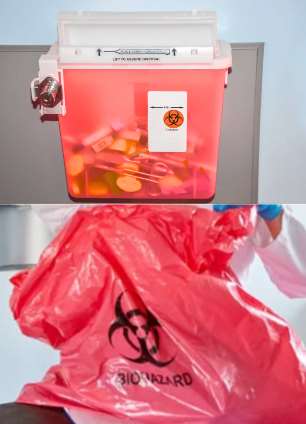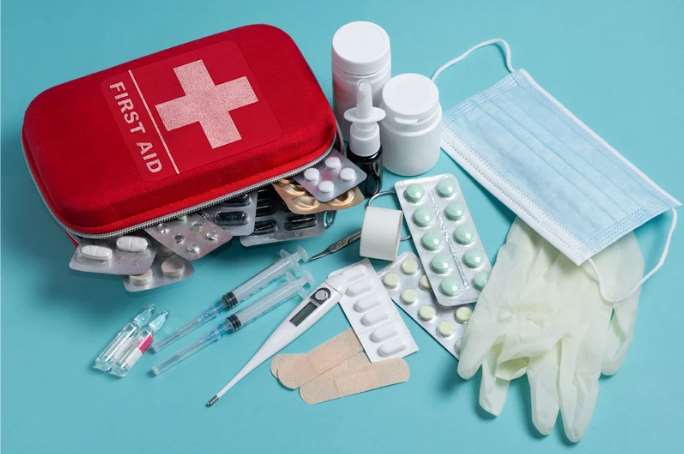Are you keeping Medicines safely at
home?
Do you know that storing medicines correctly is just as important as taking them
properly? As per the World Health Organisation (WHO), medication-related harm
affects 1 out of every 30 patients globally, with more than a quarter of cases severe
or life-threatening. These errors can happen at home or in a hospital.
You can reduce errors at home by following these steps:
-
Store medicines as per the instructions
given on labels. When you remove pills,
try to retain the date section on the
backside of the strip, along with any other
vital information such as strength or
compound. Retain the original packaging
and containers so that the name is visible.
-
Store medicines in a cool, dry place. Most medicines should be stored at room
temperature, away from direct sunlight,
humidity, dust and heat sources. Avoid
storing medicines in the bathroom, as
moisture and heat can degrade them.
Some medicines do need refrigeration.
Unsafe storage practices, such as storing
without proper labelling (found in 65% of
households) or within reach of children (33%), increase risks—keep
medicines in original packaging, locked cabinets, or child-proof containers.
-
Organise medicines. Sort your medicines as per their purpose (e.g.,
headaches, fevers, etc.). All medicines should be labelled and stored in
different pouches for easy access and identification. Consider using digital
apps to track medicine names and purposes.
-
Dispose of expired medicines. Check
your medicine box every three months to
replenish any items that are missing. Keep
track of expiry dates on available stock.
Expired medicine can lose effectiveness
and even be harmful. Dispose of such
items by returning to pharmacies or
following safe disposal guidelines.
-
Maintain a First-Aid kit. Keep a stock
of over-the-counter medicines and first-
aid items for emergencies and minor
injuries.
This is not a recommendation but an illustrative list of medicines to be kept at
home for simple symptoms. Please ask your doctor to help make this list as per
your needs. To be taken only under a doctor’s supervision. Be mindful of dosage
and method of intake. Avoid self-medication with antibiotics to prevent resistance.
An illustrative list of Medicines that you should keep at home:
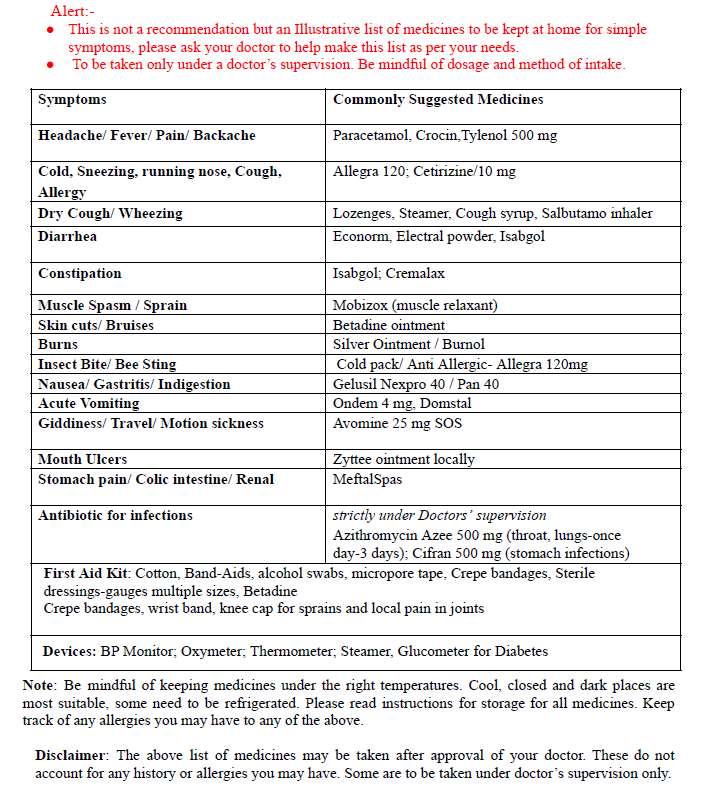
(https://www.patientsforpatientsafety.in/assets/pdf/home-medicine-chest-wb.pdf)


